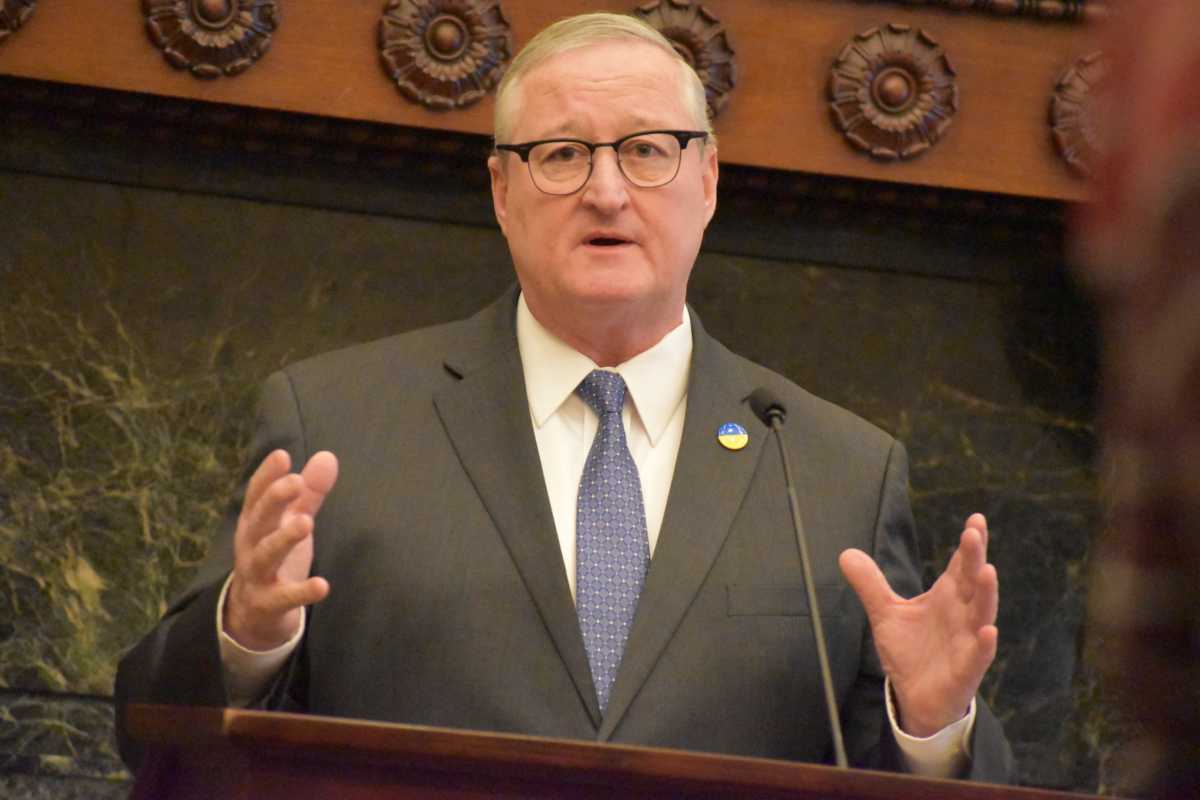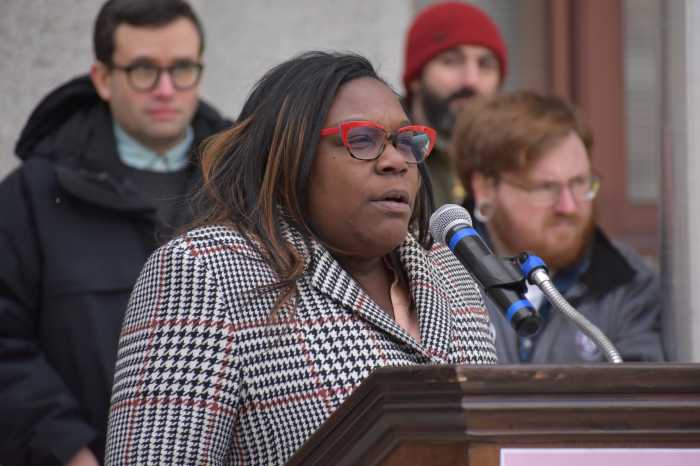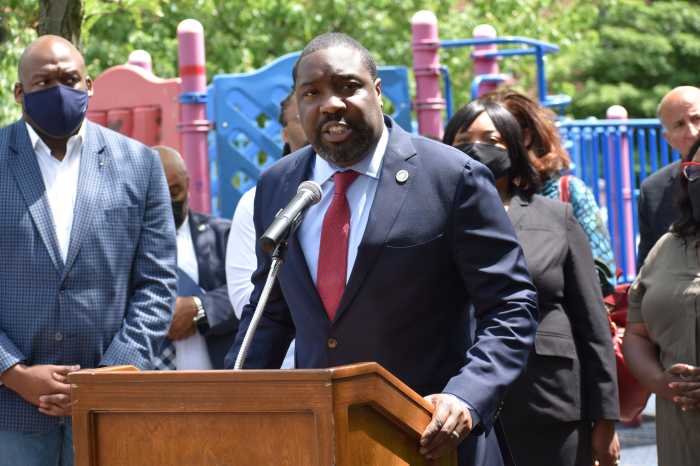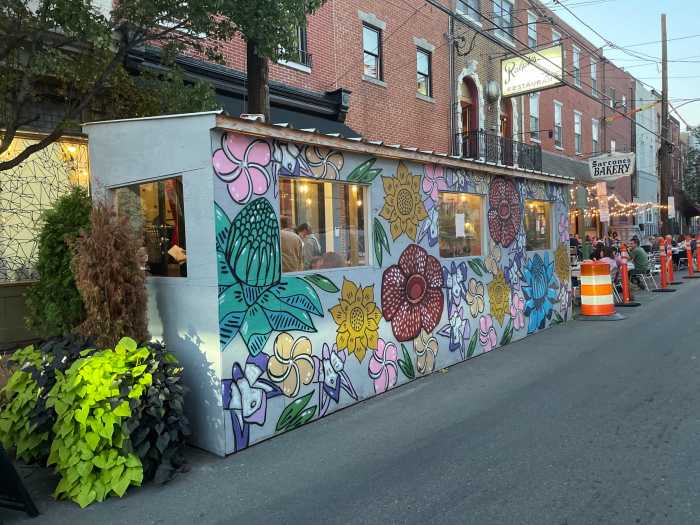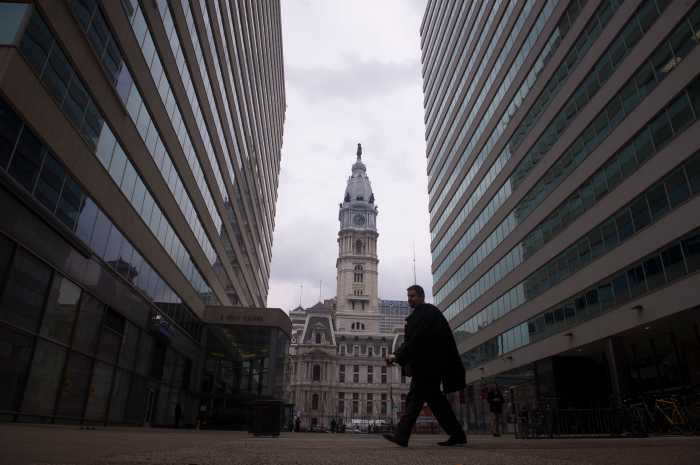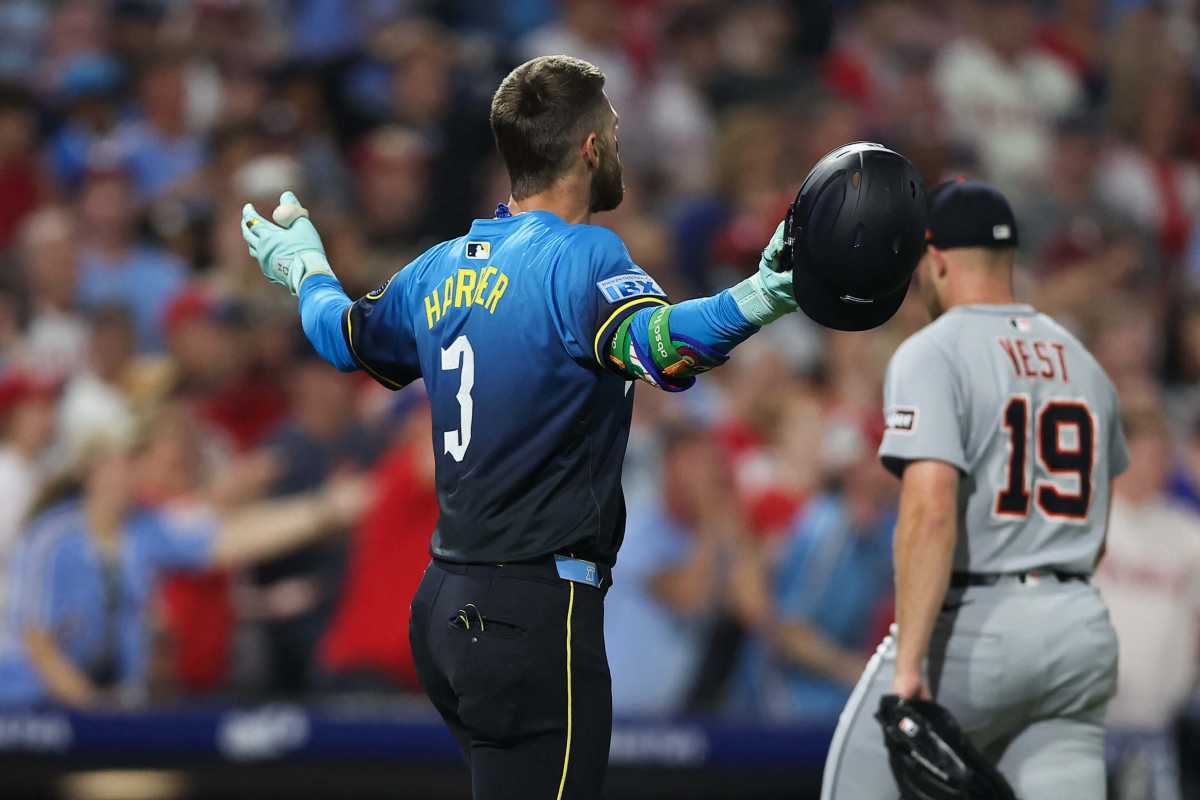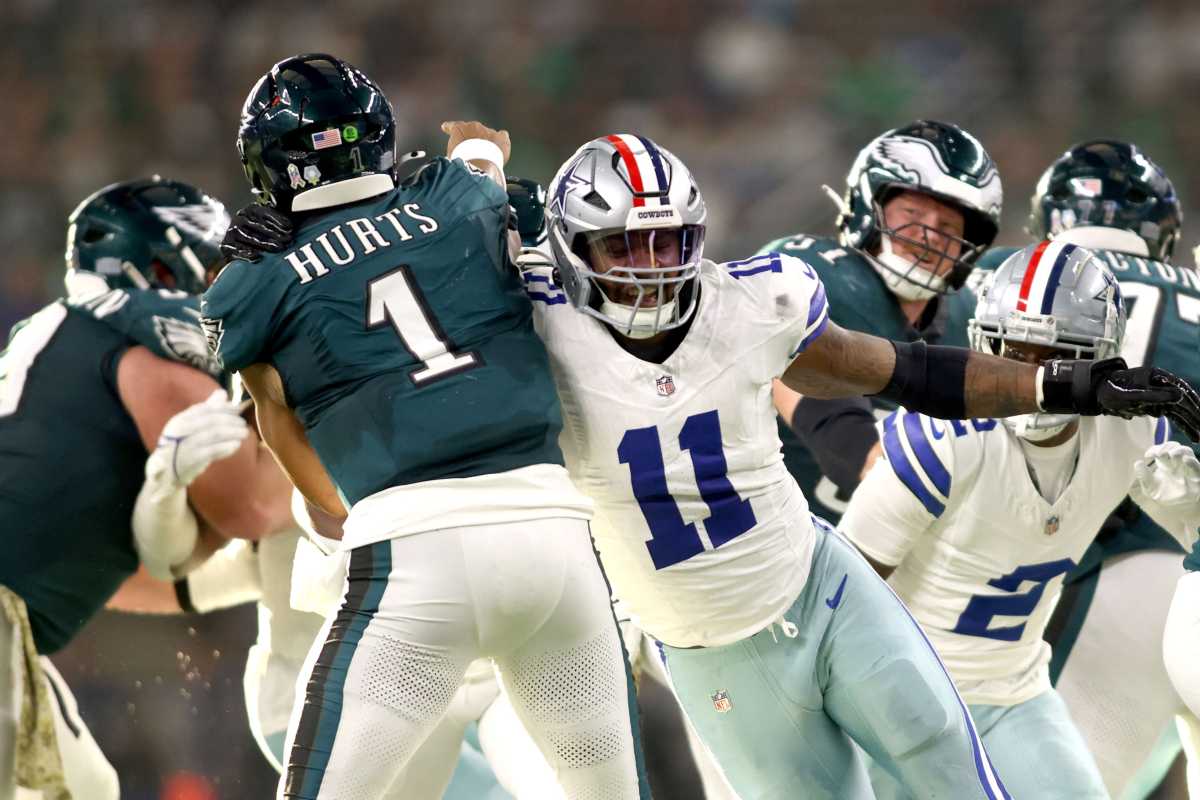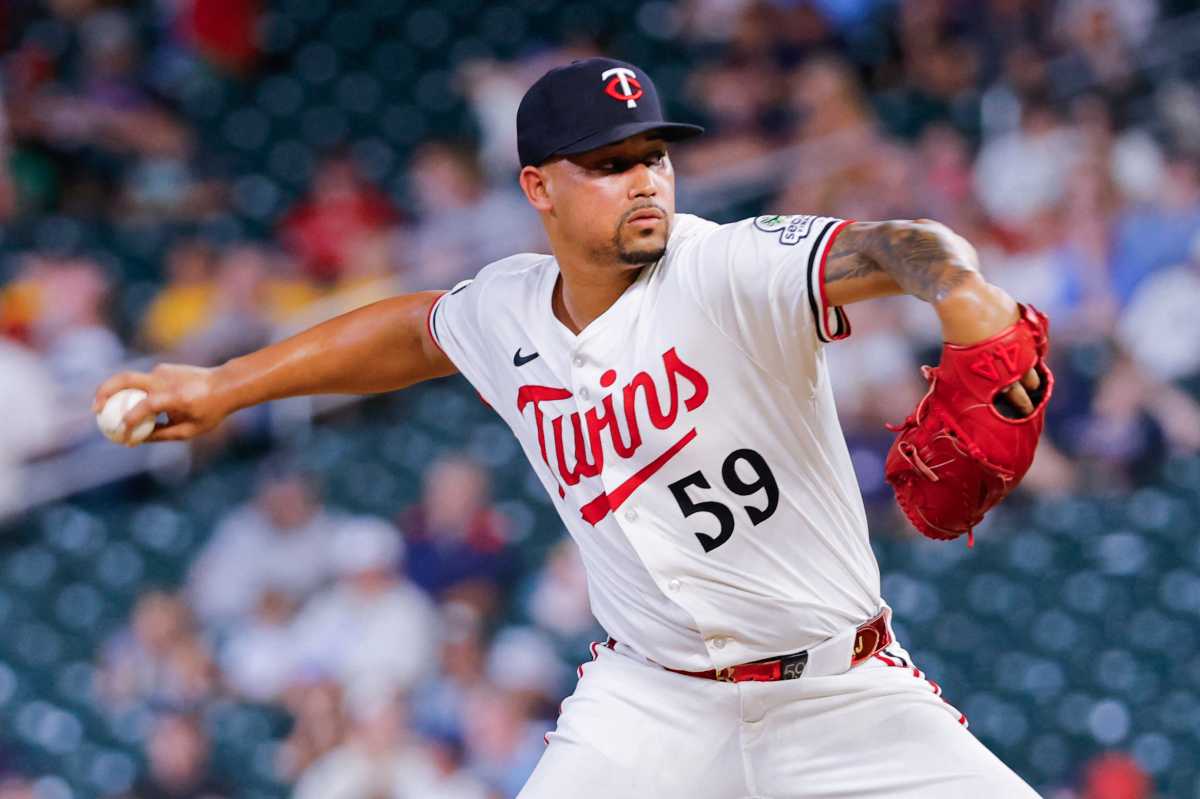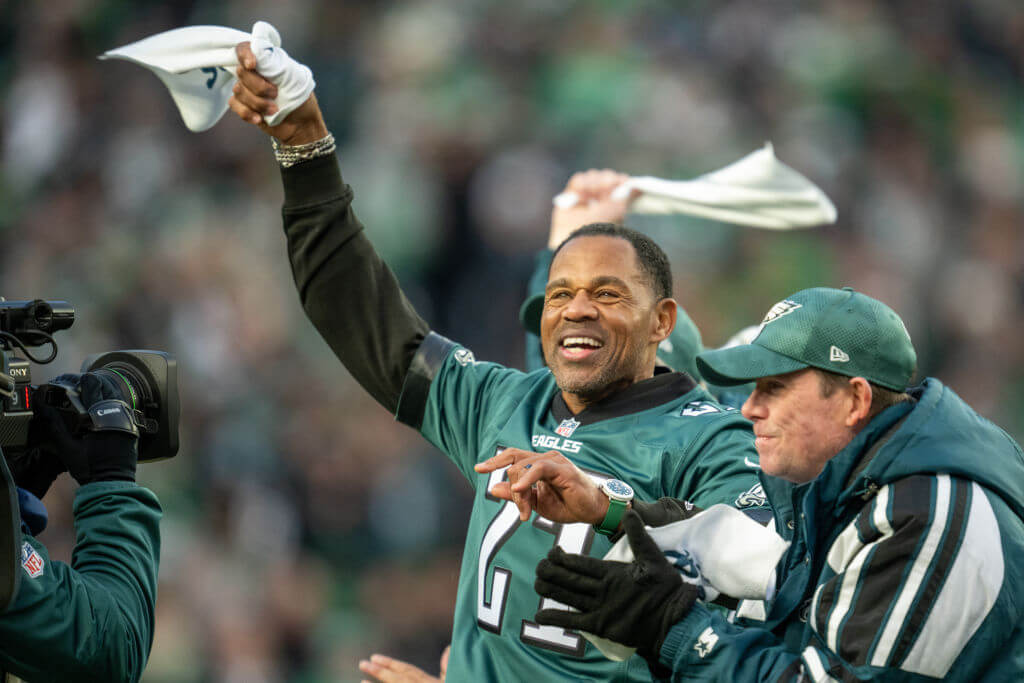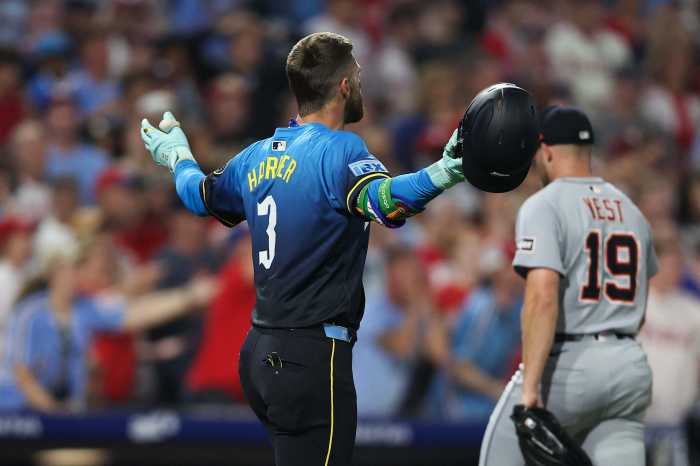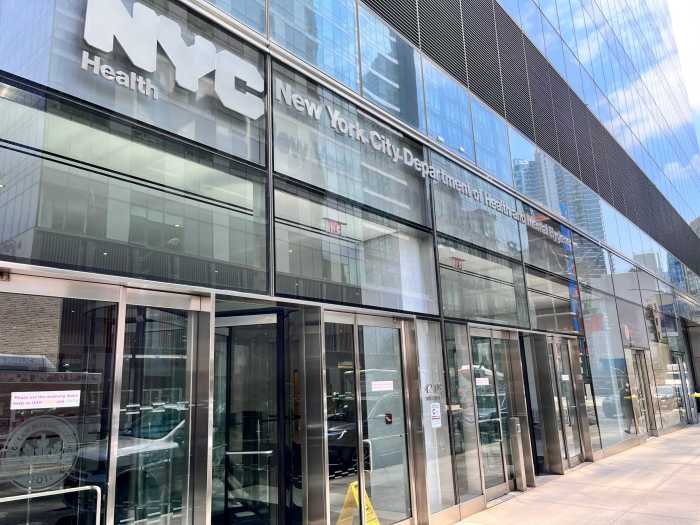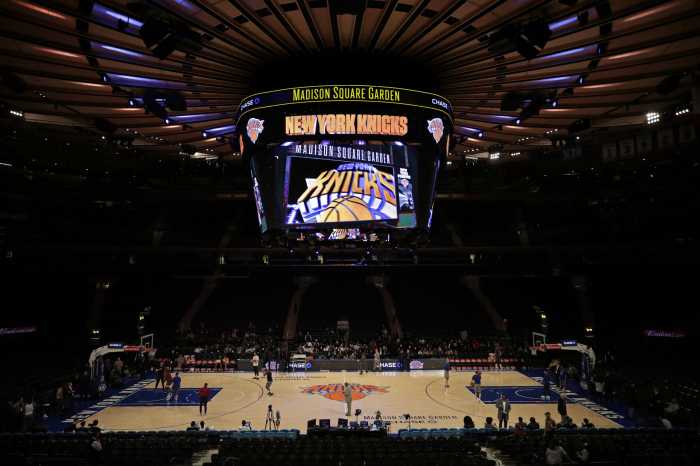Mayor Jim Kenney said Wednesday that he will spend his final year at City Hall focusing on reducing Philadelphia’s gun violence and returning to priorities that marked his early years in office, such as investing in youth programming.
Kenney, flanked by several of his top deputies, told reporters that the coronavirus pandemic, along with racial justice protests and unrest, “diverted” his administration’s attention from other issues.
“We just want to make sure that people understand that, even though this is the last year, we’re continuing to make investments, as we did in the first term and the last three years,” he said.
Questions about his enthusiasm for the job have persisted since comments he made after bullets grazed two police officers during July 4 celebrations on the Benjamin Franklin Parkway. He said he was looking forward to not being mayor, a statement he later walked back.
“I love being mayor,” Kenney said Wednesday. “That night was not a pleasant evening, and we had a difficult situation.”
His administration’s priorities for 2023 include boosting quality of life and public services across the city; improving offerings for children and teens; and creating inclusive economic growth.
On gun violence and public safety – what Kenney has referred to as his “top priority” – Police Commissioner Danielle Outlaw said her department began redeploying 100 officers this week to the neighborhoods experiencing the highest levels of homicides and shootings.
The shift, announced in December, is aimed at increasing police presence in those areas and is being done in conjunction with an ongoing effort to realign PPD’s “Operation Pinpoint,” which sends cops to blocks with particularly high crime.
“We remain confident that we’re moving in the right direction,” Outlaw said. “The decreases that we’re still continuing to experience, that shows us that we’re doing something right and we’re moving forward in the right way.”
Philadelphia ended 2022 with 516 homicides, down from 562 but still the second-highest number on record. Through Tuesday, nine people had been killed, compared to 17 on the same date last year.
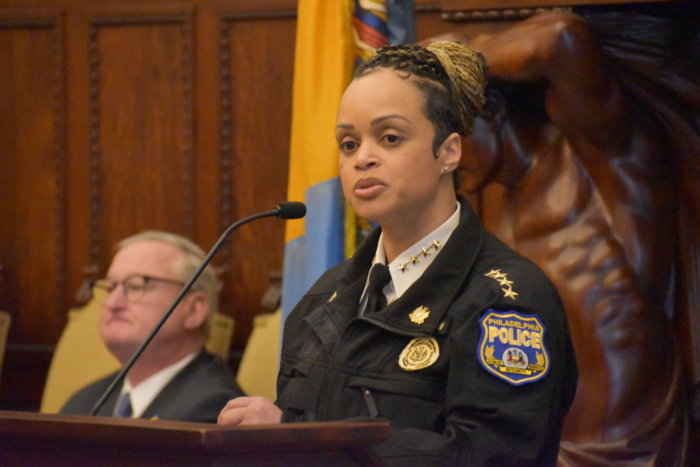
Police recruitment continues to be a challenge, though Outlaw said the PPD is expecting to graduate at least four new cadet classes this year, generating around 150 officers.
She said the PPD has not advertised job listings outside city limits but plans to in the coming year thanks to an increase in the department’s marketing and recruitment budget. The PPD last year received a waiver to temporarily hire non-Philadelphia residents.
Kenney indicated Wednesday that he would like to see the residency requirement – which mandates candidates to have lived in Philadelphia for at least a year before hire – changed for all city civil service employees.
A City Council bill introduced in November would allow workers to establish city residency within six months of being hired, but no action has been taken on the legislation.
Other goals for 2023 include using money from a nationwide opioid settlement to move 1,000 people who are currently homeless into housing, officials said.
Last week, the Kenney administration outlined its spending plan for the $20 million-plus the city has received as part of the legal agreement. The funding is set to be used for grants to local nonprofits, services for Kensington and programs for drug users.
In addition, Kenney hopes to add Saturday service to 10 libraries and create weekend hours at all of the city’s recreation centers, according to the plan.
His budget team is also likely to pursue further cuts to the business and wage taxes. In 2022, Kenney and Council, at the urging of business groups, agreed to reduce those rates.
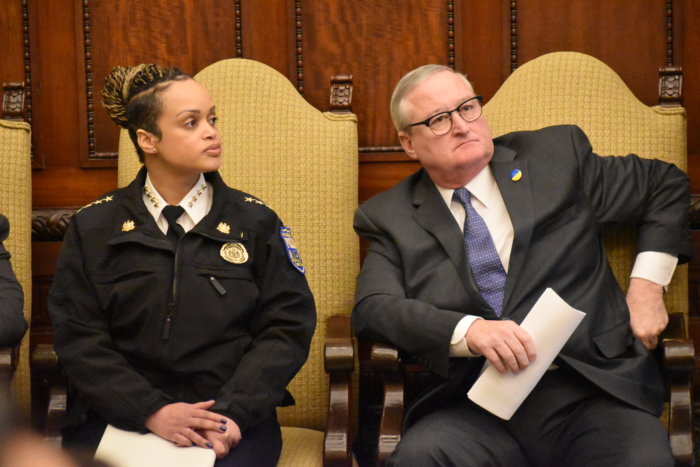
Perhaps Kenney’s most significant accomplishment in his first term was passing the Philadelphia Beverage Tax, also known as the soda tax, and his final-year plan highlights the programs it funds.
Through the Rebuild initiative, 13 libraries, recreation centers and playgrounds have been renovated, and an additional 21 sites are either under construction or preparing for revamps, according to the mayor’s office.
The free pre-K program created through the tax served 4,300 young children last year, and the administration’s plan calls for that total to be expanded.
Kenney said he believes his successor would have a “hard time” repealing the tax, adding, “I do believe that programs like the beverage tax and the programs that it funds are too popular.”
Ten candidates, including five recently resigned Council members, have entered the Democratic primary that will, in all likelihood, determine the next mayor. Kenney said he is committed to a “smooth transition.”



